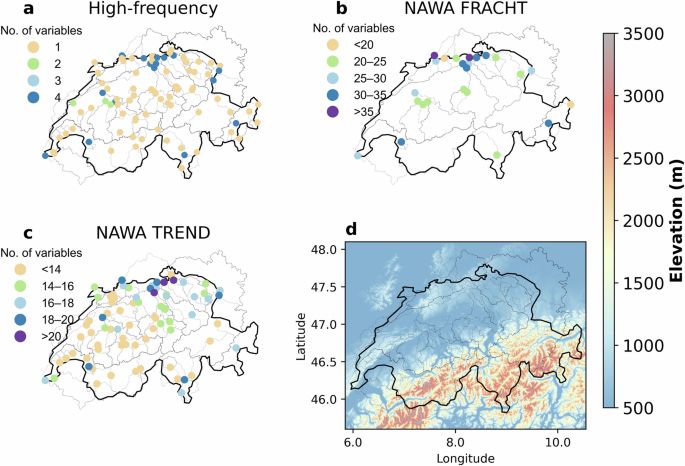Josie South
@josiesouth.bsky.social
450 followers
880 following
37 posts
Fishkop. Assoc. Prof. URKI Future Leaders Fellow. Invasion & conservation scientist. Slightly feral. (She/her 🏳️🌈)
Posts
Media
Videos
Starter Packs
Reposted by Josie South
Reposted by Josie South
Chris Baraniuk
@chrisbaraniuk.com
· Sep 5

Jellyfish Force another French Nuclear Reactor to Shut Down | OilPrice.com
For a second time in three weeks, a swarm of jellyfish has forced the closure of a nuclear reactor in France in another curious incident in which jellyfish entered the filters of the water cooling sys...
oilprice.com
Reposted by Josie South
Reposted by Josie South
Reposted by Josie South
Josie South
@josiesouth.bsky.social
· Aug 1
Josie South
@josiesouth.bsky.social
· Aug 1
Reposted by Josie South
Reposted by Josie South
Reposted by Josie South
Margaret Evans
@mekevans.bsky.social
· Jul 31

Reconsidering space-for-time substitution in climate change ecology - Nature Climate Change
Ecologists often leverage patterns observed across spatial climate gradients to predict the impacts of climate change (space-for-time substitution). We highlight evidence that this can be misleading n...
www.nature.com
Reposted by Josie South
SHOAL
@shoalorg.bsky.social
· Jul 25

Sacred sites & cultural practices key to Indonesia fish conservation: Study
Researchers have recently found that sacred waters protected by Indigenous traditions are key to fish conservation in Indonesia, yet they remain largely unrecognized and excluded from national framewo...
news.mongabay.com
Josie South
@josiesouth.bsky.social
· Jul 25
Josie South
@josiesouth.bsky.social
· Jul 24
















